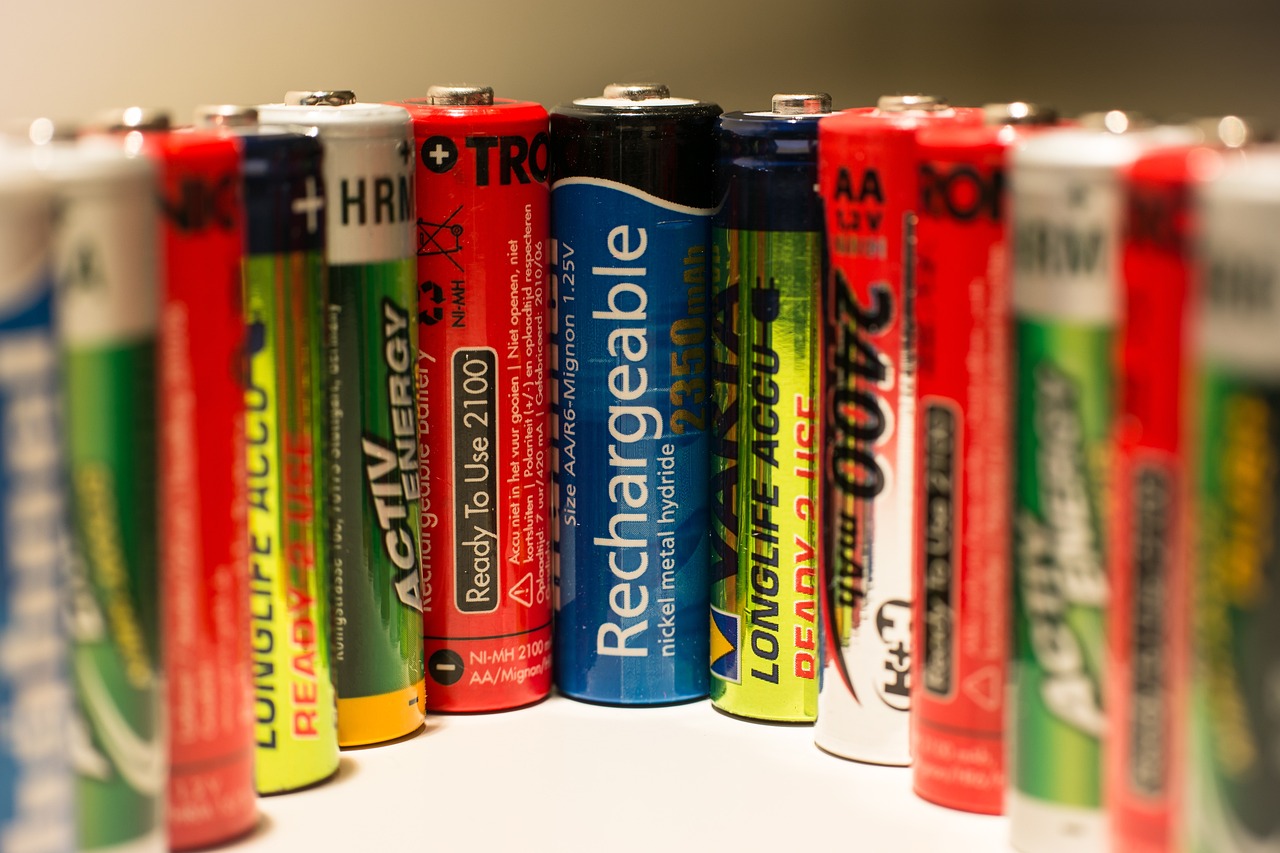This post is also available in:
 עברית (Hebrew)
עברית (Hebrew)
A team of researchers at the Istituto Italiano di Tecnologia (IIT-Italian Institute of Technology) has created a totally edible and rechargeable battery, starting from materials that are normally consumed as part of our daily diet. The possible applications are in health diagnostics, food quality monitoring and edible soft robotics.
“Future potential uses range from edible circuits and sensors that can monitor health conditions to the powering of sensors for monitoring food storage conditions. Moreover, given the level of safety of these batteries, they could be used in children toys, where there is a high risk of ingestion. Actually, we are already developing devices with greater capacity and reducing the overall size. These developments will be tested in future also for powering edible soft robots,” pointed out the research coordinator Mario Caironi.
“This edible battery is also very interesting for energy storage community. Building safer batteries, without usage of toxic materials, is a challenge we face as battery demand soars. While our edible batteries won’t power electric cars, they are a proof that batteries can be made from safer materials than current Li-ion batteries. We believe they will inspire other scientists to build safer batteries for truly sustainable future,” added Ivan Ilic, co-author of the study.
The battery cell operates at 0.65 V, a voltage low enough not to create problems in the human body when ingested. It can provide current of 48 μA for 12 minutes, or a few microamps for more than an hour, enough to supply power to small electronic devices, such as low-power LEDs, for a limited time.
The proof-of-concept battery cell has been described in a paper, recently published in the Advanced Materials journal and reported by techxplore.com.


























